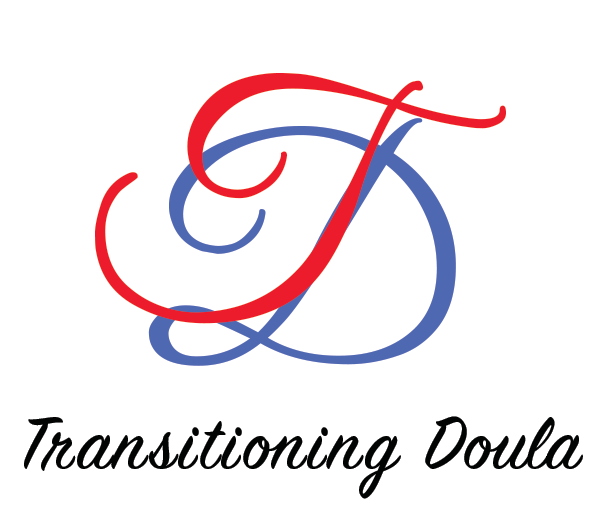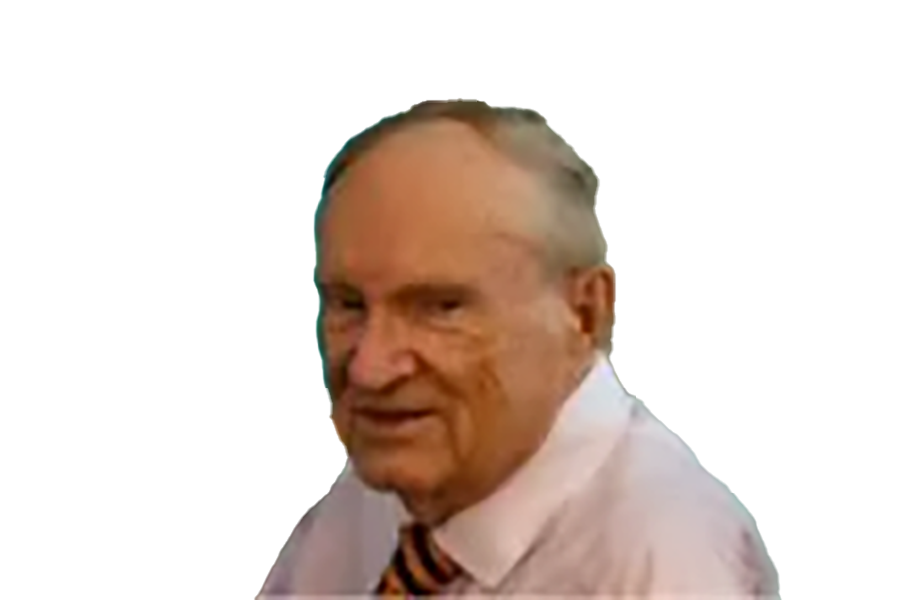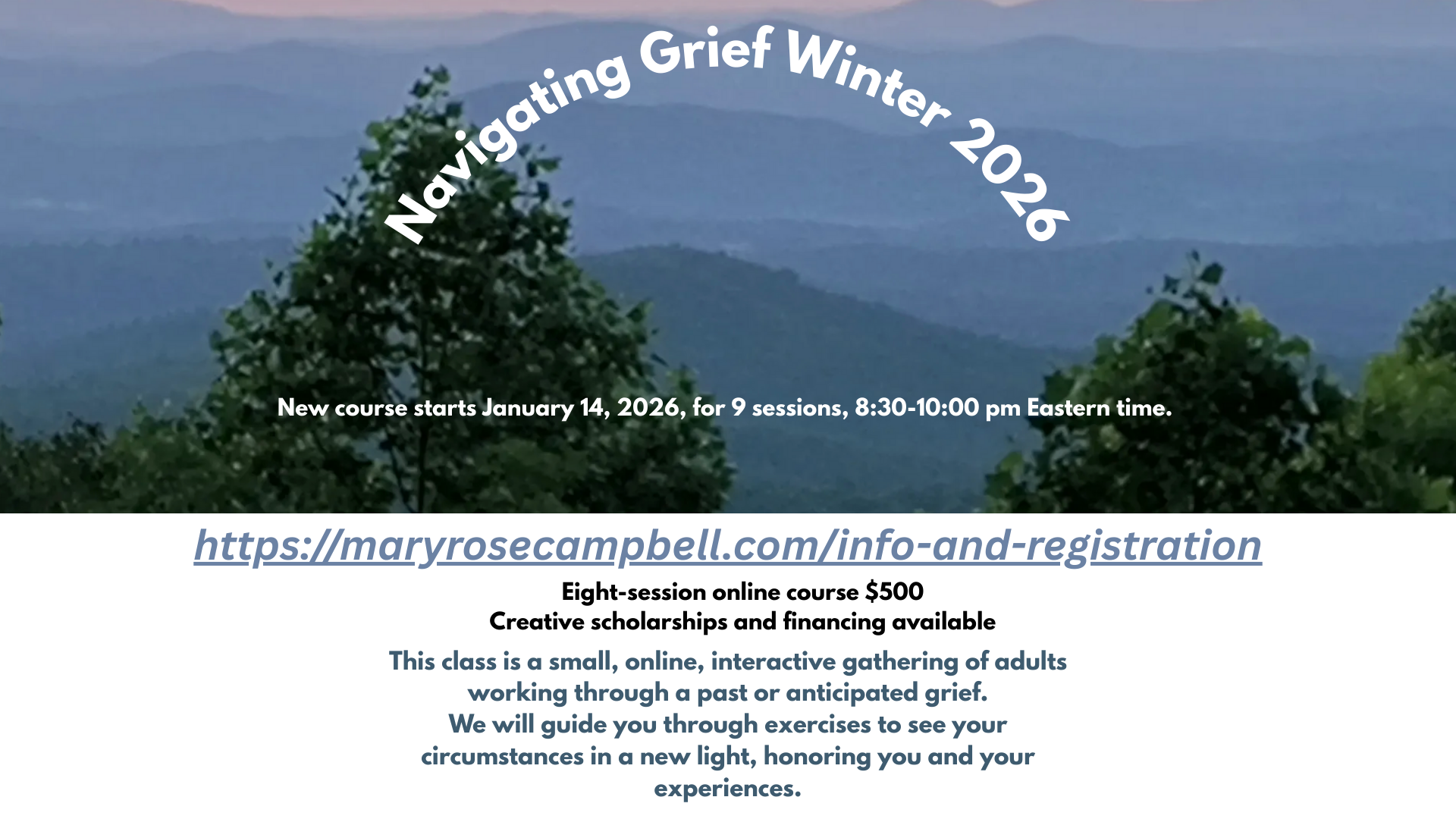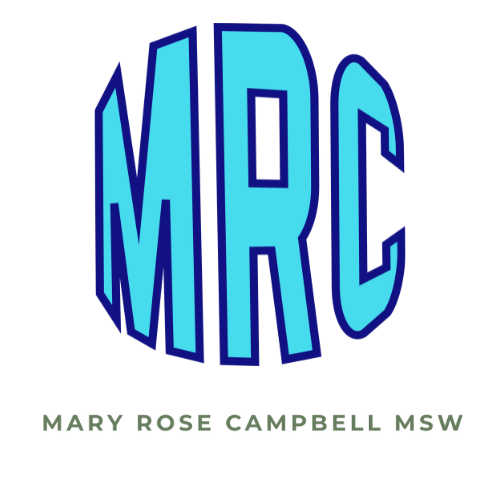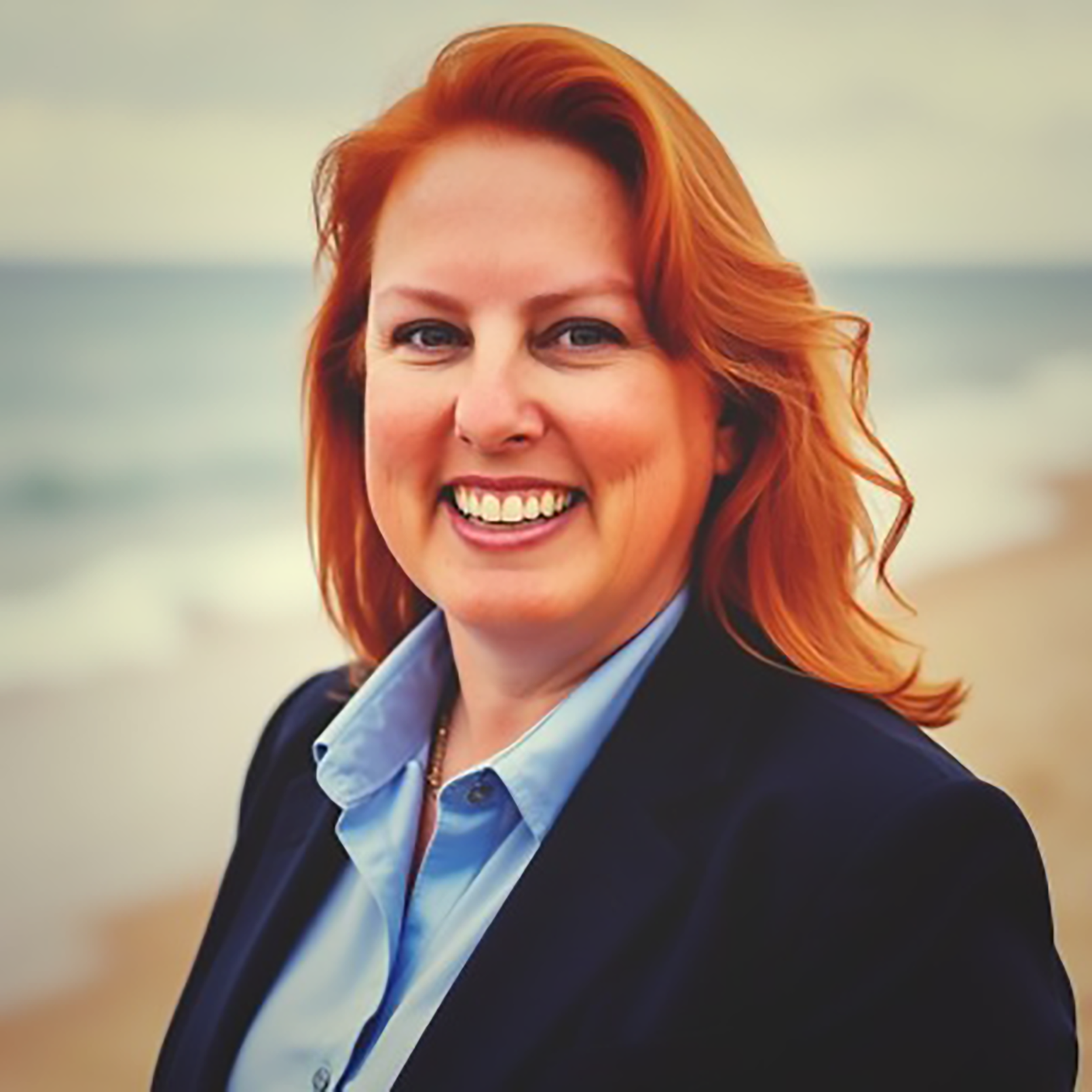
We’ve always talked to the dead.
In quiet rooms, at gravesides, in dreams.
But now, they talk back.
They text, post, and “like” things long after they’re gone. Their photos pop up in our “memories.” Their playlists shuffle into our morning commute.
Our dead live inside our devices, and we invited them there.
Technology promised to keep us connected. What it didn’t warn us about was what happens when the connection never ends.
Photo by Firmbee.com on Unsplash
The New Afterlife Is Online
A generation ago, death marked a clear boundary.
Letters stopped coming. Phones went quiet.
You might hold onto a photograph or voicemail, but the world moved on.
Now, the line is blurred.
We’ve built digital afterlives that keep our dead perpetually present, Facebook memorial pages, Instagram archives, AI chatbots trained on old messages, even holograms that deliver eulogies “in person.”
Some of these are acts of love.
Others are experiments in denial.
I’ve seen families message memorial pages daily, updating a parent on new jobs or relationships. I’ve seen people keep the same phone number for years, unable to delete the last text thread. I’ve watched an adult child scroll through their mother’s photos, whispering, “She’s still here.”
She is, and she isn’t.
We’ve entered an era where our grief is mediated by machines.
The Comfort of Connection
It’s easy to understand why we hold on.
Digital traces feel like proof that our loved ones existed, evidence of their laughter, their playlists, their inside jokes. Scrolling through photos can feel like a visit.
Hearing their voice in a saved video can feel like a prayer answered.
Technology gives us access to remembrance in real time.
That accessibility brings comfort, especially in sudden or traumatic loss.
It offers agency in a moment when everything else feels uncontrollable.
And for many people, these connections are healing. They create community around remembrance. They turn solitary grief into collective memory, memorial hashtags, tribute reels, virtual vigils. They keep love visible in a world that moves on too quickly.
But comfort isn’t the same as acceptance.
And not all forms of remembering help us heal.
The Trap of Endless Connection
Grief has a natural rhythm: presence, absence, adaptation.
We love, we lose, we learn to live with absence.
Technology interrupts that rhythm.
Instead of learning to live without, we live around.
The dead remain part of our feeds, our chats, our playlists.
They become interactive archives, always available, never fully gone.
We can text them. We can rewatch their stories. We can even train AI to mimic their voice and language patterns so they “speak” to us again. And somewhere in the middle of that, we stop making room for absence.
We start mistaking data for presence. We mistake algorithms for intimacy. We mistake remembering for connection. There’s a difference between keeping someone’s memory alive and refusing to let them die.
The Rise of Digital Resurrection
In the past five years, entire industries have emerged around “digital immortality.”
-
AI voice clones recreate the speech of deceased loved ones.
-
Chatbots use text messages and emails to simulate conversation.
-
Holographic memorials let people “attend” their own funerals.
-
Companies now offer “posthumous messaging services,” sending prewritten texts or emails years after death.
The marketing is seductive: Your loved one’s story lives forever.
But forever is a long time to grieve.
I’ve spoken with people who found comfort in hearing a parent’s AI voice say, “I’m proud of you.” And I’ve spoken with others who described it as shattering, like death happening all over again, but this time scripted.
What happens when our technology starts performing grief instead of helping us live through it?
When we can summon our dead on demand, do we risk turning them into products, versions of themselves edited for our comfort?
We used to build monuments out of stone. Now we build them out of code.
But both ask the same question: what does remembering mean when the person you loved no longer gets to change?
The Funeral Director’s View
As someone who works with death every day, I’ve watched how these new tools can shape mourning.
Families used to bring photographs and song lists to share at services.
Now they bring QR codes that link to tribute websites and livestreams.
They ask for video montages set to Spotify playlists and digital guestbooks that stay open forever.
These are beautiful evolutions of ritual. But they also reveal something deeper: our discomfort with finality.
We don’t like endings anymore. We don’t like to stop talking, stop scrolling, stop connecting.
But death is an ending, and endings are what give life meaning. Without them, our stories have no shape.
Technology, for all its gifts, tempts us to flatten grief into maintenance.
Instead of sitting in absence, we refresh the page. Instead of silence, we post.
Instead of ritual, we react.
Sometimes the most sacred act isn’t about keeping someone present, but rather learning to say goodbye.
The Algorithm of Memory
Social media has no conscience. It doesn’t understand death. It remembers everything.
Which means we can stumble across loss without warning.
A birthday reminder for someone who died.
A “memory” from a day we’d rather forget.
A photo of a smiling friend who’s been gone for years, surfacing between ads for shoes and vacation rentals.
The algorithm doesn’t mean harm; it’s designed to keep us engaged. But in doing so, it hijacks grief’s natural process. It forces us into reliving instead of remembering.
And when mourning becomes constant exposure, it can turn into exhaustion.
Some people start deleting photos just to regain control. Others create private memorial pages to manage what’s public. And some leave everything as it is, hoping the world will treat those pixels gently.
But the truth is, we’ve handed our grief to systems that profit from attention, not healing. And that should make us pause.
Digital Clutter, Emotional Weight
There’s another side to this story, the quiet anxiety of digital estate management.
When someone dies, their online presence doesn’t.
There are passwords, cloud drives, photos, subscriptions, accounts, and backups.
Each login becomes a gate to another layer of their life.
Families spend months trying to access data they didn’t know existed, only to discover more grief inside. Old messages. Hidden folders. Digital diaries no one was meant to read.
We used to sort through closets. Now we sort through inboxes.
Both reveal who someone was, but one never ends.
It raises new ethical questions:
Who owns your memories after you die?
Who decides which parts of you stay online?
Who gets to press delete?
Death used to mean release.
Now, it often means storage.
Between Presence and Absence
Maybe technology isn’t the problem. Maybe it’s how we use it.
Because at its best, digital remembrance can deepen connection.
It can preserve culture, honor ancestors, share stories across time zones and generations. It can democratize mourning, giving space to voices that were once excluded.
But at its worst, it replaces intimacy with simulation. It trades closure for endless access. It makes us spectators to our own grief instead of participants.
We need both presence and absence to heal.
Presence gives us comfort.
Absence gives us growth.
One without the other leaves us stuck in limbo.
Our dead deserve more than to become algorithms.
And we deserve more than to become their curators.
Learning to Let Go (Without Forgetting)
So what do we do?
We start by setting boundaries with our memories.
We decide what stays public, what stays private, and what needs to be let go.
We make peace with deleting as an act of love, not betrayal.
We treat digital space the same way we treat sacred space, with intention.
When we curate memory consciously, we honor both life and death.
We choose meaning over maintenance. We let remembrance breathe instead of keeping it on life support.
Grief doesn’t need to be eternal to be true.
It needs to be honest. And honesty sometimes means saying: I love you enough to stop scrolling.
The Future of Mourning
We are the first generation to live with our dead in our pockets.
The first to grieve through notifications.
The first to discover that the cloud has a memory, and it never forgets.
Future historians will study how we handled this, how we mourned in public, how we archived love, how we digitized loss.
They’ll ask if technology made us more compassionate or more afraid to face reality.
They’ll wonder whether all these connections helped us heal or kept us haunted.
I don’t have the answer.
But I do know this:
Every time we stop and truly feel, away from screens, away from clicks, away from the illusion of control, we meet grief where it lives.
Not in pixels, but in presence.
Not in code, but in care.
That’s where the living and the dead still meet, quietly, honestly, and without an algorithm in sight.
An Invitation
Before you close this page, take a moment.
Think of one person you’ve lost.
Scroll through their photos if you want. Read an old message.
Then put the phone down.
Sit in the quiet. Remember the sound of their laugh, the smell of their shampoo, the warmth of their hug.
That memory doesn’t need Wi-Fi.
That’s the real connection.
That’s what no technology can replace.
Marc D Malamud
Transitioning Doula
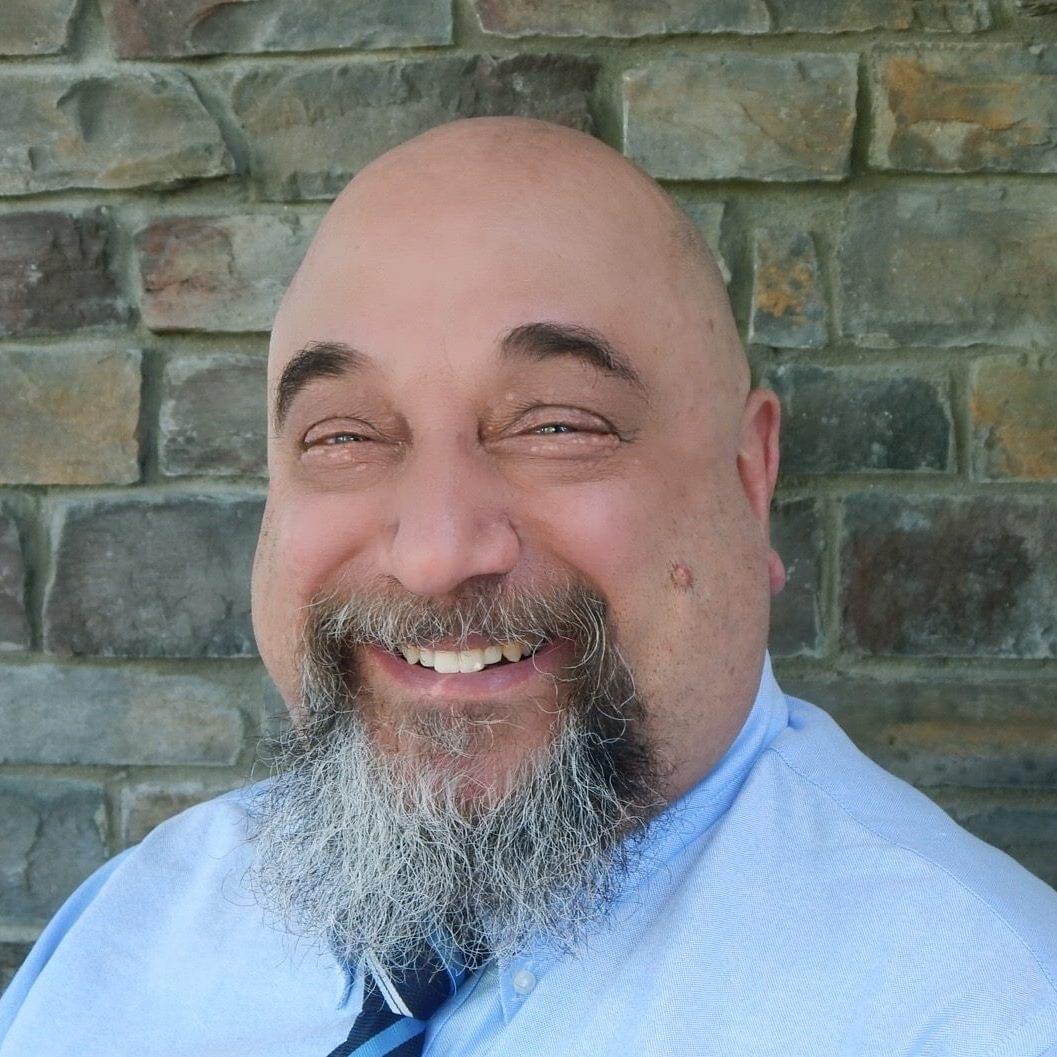
"Time", and "The Winds of Eternity".
Time
The old year is past, a new one has just begun, and we are all now one year closer to eternity. For many people this past year, time was no more. One moment they were in time, the next moment they were in eternity. Time is a two-sided coin, one side despised and wasted during life, the other priceless, and unattainable at the hour of death.
God has given us these days to work out our salvation, but how well do we use them? How often have we observed a man in idle pursuit? If we were to ask him what he is doing, he would reply: "Oh, I am just passing the time."
There was an old song of many years past. It was called "Standing on the Corner Watching All the Girls Go By." Are we just standing on the corners of life watching the days of our salvation going by unused?
To quote Saint Alphonsus De Liguroi:
O time despised during life, you will be ardently desired by worldlings at the hour of death. The thought that they must very soon appear before Almighty God, to give an account of their lives, fills them with untold confusion and anguish. They will ask for another year, another month, or another day to settle the accounts of their conscience, but they will ask in vain. To obtain a single hour they would give all their wealth and worldly possessions, but that hour shall not be given.
Let us therefore exert ourselves to the utmost to accomplish the work of our salvation while there is still time. Do now, what, on the Day of Judgment, you would then wish you would have done. For at the moment of death, the time of grace will have passed, the time of justice will have come.
(Hebrews 9: 27; 2 Corinthians 5:10; Romans 14:10, 12; Matthew 7:13-14; 25:31-47).
Best wishes to all for a happy new year.
Marc D Malamud
Transitioning Doula

Reprint from https://www.thegooddeathsocietyblog.net/2025/12/14/passing-of-a-pioneer-and-warrior/
Passing of a Pioneer and Warrior
With the continuous growth of the association since its foundation in 1998, Mr. Minelli had already expanded the association’s board by several persons some years ago, planned succession for a seamless transition, and ensured the association’s operational continuity. The DIGNITAS team will continue to manage and develop the association in the spirit of its founder as a professional and combative international organization for self-determination and freedom of choice in life and at the end of life.
“Freedom, human rights, don’t come for free – they must be fought for and, once gained, defended again and again.” ~Ludwig A. Minelli, founder of the Swiss death-with-dignity organization, DIGNITAS
A life for freedom of choice, self-determination, and human rights
Ludwig A. Minelli began his career as a journalist with the Swiss newspaper “Tat” in 1956. From 1964 to 1974, he was the first correspondent of the German news magazine “Der Spiegel” in Switzerland.
Fascinated by the legal means through which the fundamental rights enshrined in the European Convention on Human Rights could be enforced beyond national borders, he started studying law in 1977, graduating in 1981. In 1977, he founded the “Swiss Society for the European Convention on Human Rights” (Schweizerische Gesellschaft für die Europäische Menschenrechtskonvention; SGEMKO), a non-profit membership association that disseminates information on the European Convention for the Protection of Human Rights and Fundamental Freedoms (ECHR).
In 1986, Minelli, then 54 years old, was admitted to the bar of attorneys. His understanding of the law was based on the conviction that the state serves the citizen, rather than the citizen the state. He was particularly concerned with upholding and enforcing human rights as enshrined in the European Convention on Human Rights. He always conducted his legal cases with an eye to the possibility of appealing to the European Court of Human Rights in Strasbourg if necessary.
A tenacious and unflinching warrior
Minelli’s sharp legal and political mind, coupled with his creativity, his investigative instinct, his talent for research, and the ability to put down seamless lines of argument on paper practically in one go, helped him to achieve numerous successes in court. He stood unwaveringly for his convictions when it came to the protection of fundamental rights and the freedom of citizens vis-à-vis the state. It was a logical consequence of this firm attitude that he campaigned for decades, both in Switzerland and internationally, for the right to self-determination until the end of life.
Until his death, Minelli was involved in dozens of court cases, sometimes as a plaintiff or defense lawyer, often in the background as a procedural advisor for others. Calmly, and in the conviction that the law was on his side, he accepted the fact that he himself now and then sat unjustly in the dock. And that those who get bitten occasionally try to bite back.
With his appeals to the Swiss Federal Supreme Court and the European Court of Human Rights in Strasbourg, Minelli has had a lasting influence on Swiss law in some areas. Andreas Gross, former (SP) National Councilor and parliamentarian in the Council of Europe, writes in the epilogue to the book Scharf beobachtet. Ein Dritteljahrhundert EMRK-Praxis und die Schweiz (“A close watch. A third of a century of ECHR practice and Switzerland”), which Minelli published in 2014: “If you are looking for a personification of a Switzerland that respects the ECHR, you will find it at Zurich-Forch in the shape of Ludwig A. Minelli.”
Minelli was also the one who helped the democratic instrument of the parliamentary initiative gain new prominence in Switzerland. For more than a hundred years, it was rarely used, even though it had been on a par with the cantonal initiative since the beginnings of the federal state.
Pioneering work in suicide attempt prevention
The fact that Minelli founded the membership association “DIGNITAS – To live with dignity – To die with dignity” on 17 May 1998 was the result of a disagreement at the general assembly of EXIT (German-speaking Switzerland). At the time, Minelli was legal advisor to EXIT’s managing director, Peter Holenstein. Holenstein proposed to add the prevention of suicide attempts to the association’s tasks, beyond physician-supported accompanied suicide (voluntary assisted dying).
When the proposal failed and Holenstein was voted out of office, Minelli, together with a group of like-minded people, immediately founded DIGNITAS. At that time, he and his fellow compatriots would never have thought that this association was about to become an internationally active organization with over 10,000 members and several dozen team members.
Suicide attempt prevention is still a pillar of the DIGNITAS philosophy. Minelli recognized early on that as a matter of principle, people with a history of suffering also want to continue living if they can find a quality of life acceptable to them personally. Trying to talk someone out of suicide is not a suitable prevention method. Rather, the approach should be taking a person in a seemingly hopeless situation seriously, meeting them at eye level, and showing them all possible options to alleviate their suffering – including the possibility of ending their life with professional support, safely and in a self-determined way in a setting that he or she personally deems dignified. It is up to the individual to decide which option to choose.
Practice proves Minelli right. Only a small percentage of the seriously ill people who turn to DIGNITAS apply for voluntary assisted dying, and an even smaller percentage of them actually go down this path in the end. Just knowing that they have this option gives them relief and the courage to go on living. This can prevent lonely and desperate suicide attempts, which in most cases fail and have serious consequences for the person concerned and their loved ones, as well as for third parties.
International legal successes for assisted dying
Minelli and DIGNITAS have always been committed to ensuring that people living in other countries than Switzerland also have access to all the possibilities and necessary basis for decision-making to be able to exercise their rights.
A milestone was the judgment of the European Court of Human Rights (ECtHR) on 20 January 2011 in the case of Haas v. Switzerland, initiated by DIGNITAS, in which the court confirmed the right of a person capable of judgment to decide on the manner and the time of their own end of life.
In 2020, Minelli achieved two further important successes in Germany and Austria:
- On 26 February 2020, the German Federal Constitutional Court declared unconstitutional and void controversial Section 217 of the German Criminal Code (StGB), which effectively made professional assistance in suicide impossible in Germany. Minelli, together with DIGNITAS in Switzerland and the German sister association “DIGNITAS – Menschenwürdig leben – Menschenwürdig sterben (Sektion Deutschland) e.v.” in Hanover, which he co-founded in 2005, had been among the plaintiffs.
- Furthermore, on 11 December 2020, the blanket prohibition of assisted suicide in the Austrian Criminal Code was annulled by the Austrian Constitutional Court in proceedings financed by DIGNITAS, led by a Viennese attorney, and initiated and supported by Minelli.
Minelli acted in an advisory capacity in numerous court cases as well as in political proceedings, often from behind the scenes. He rarely spoke publicly about all his successes. Instead, right up to the end of his life, he continued to search for further ways to help people to exercise their right to freedom of choice and self-determination in their “final matters” – and he often found them.
About DIGNITAS:
DIGNITAS – To live with dignity – To die with dignity was founded in May 1998 with the aim, through international legal and political work, to make the proven Swiss model of freedom of choice, self-determination and personal responsibility in life and at life’s end also accessible to individuals abroad. DIGNITAS’ advisory concept – combining palliative care, suicide attempt prevention, advance directives/decisions and assisted dying – offers a basis for good decision-making to shape life until the end.
Through litigation, Dignitas obtained a judgment of the European Court of Human Rights in 2011 acknowledging the right/freedom of a competent individual to decide on the manner and time of his or her own end in life and confirming this to be protected by Article 8 of the European Convention on Human Rights.
Marc D Malamud
Transitioning Doula

Subcategories
Obituaries & Memorials
This space is devoted to tender remembrance—a place to share stories, blessings, and the everyday moments that made each life uniquely precious. Through these tributes, we honor each beloved soul’s transition, hold their spirit close, and gently accompany the hearts who continue on without them.
